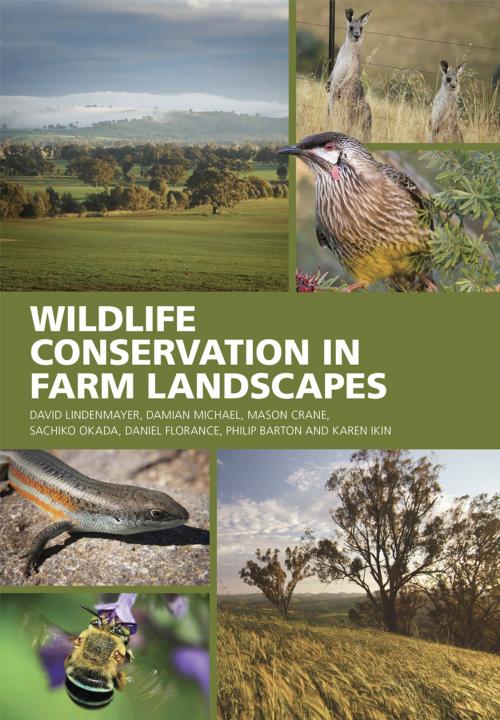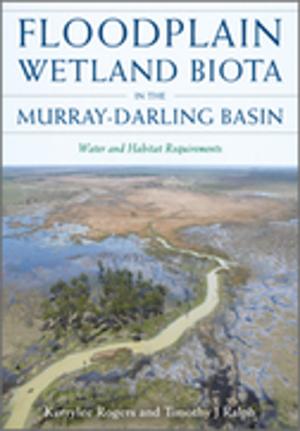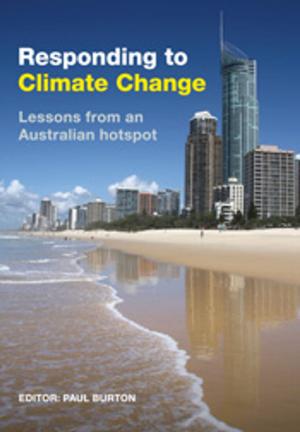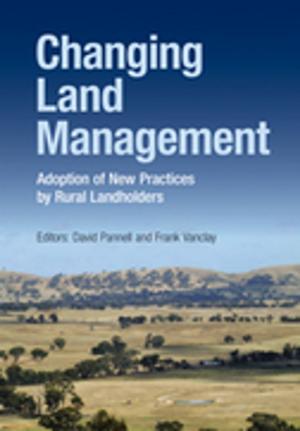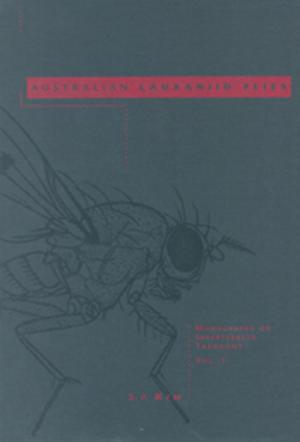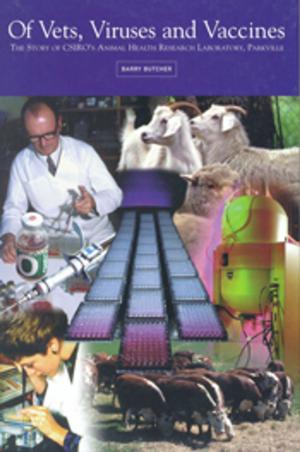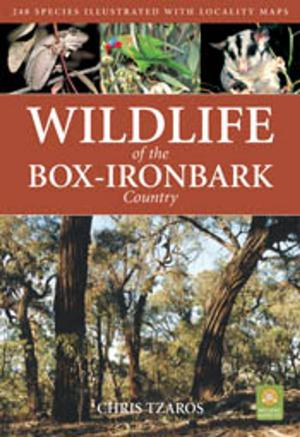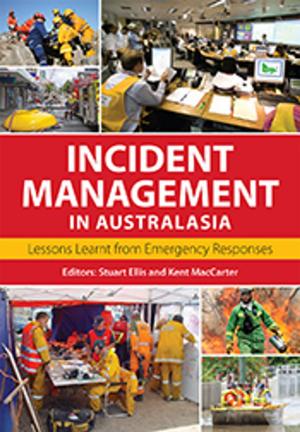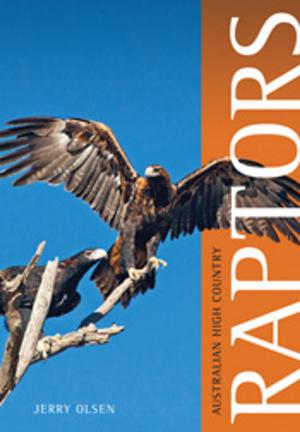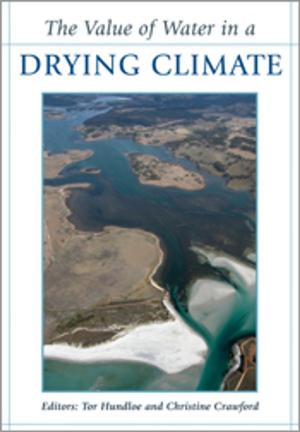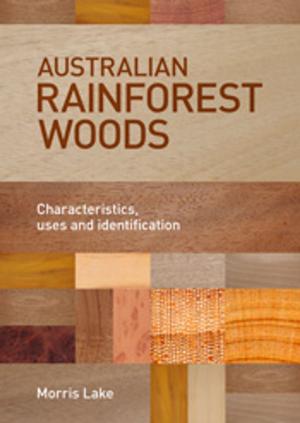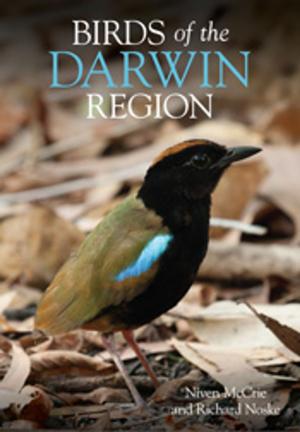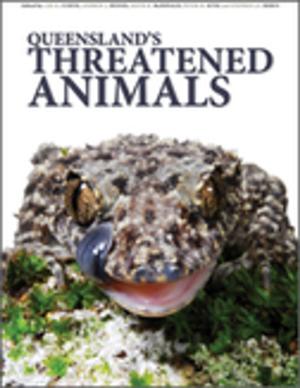Wildlife Conservation in Farm Landscapes
Nonfiction, Science & Nature, Science, Biological Sciences, Environmental Science, Nature| Author: | Lindenmayer, Michael, Crane, Okada, Barton, Ikin, Florance | ISBN: | 9781486303120 |
| Publisher: | CSIRO PUBLISHING | Publication: | August 1, 2016 |
| Imprint: | CSIRO PUBLISHING | Language: | English |
| Author: | Lindenmayer, Michael, Crane, Okada, Barton, Ikin, Florance |
| ISBN: | 9781486303120 |
| Publisher: | CSIRO PUBLISHING |
| Publication: | August 1, 2016 |
| Imprint: | CSIRO PUBLISHING |
| Language: | English |
An increasing number of Australians want to be assured that the food and fibre being produced on this continent have been grown and harvested in an ecologically sustainable way. Ecologically sustainable farming conserves the array of species that are integral to key ecological processes such as pollination, seed dispersal, natural pest control and the decomposition of waste. Wildlife Conservation in Farm Landscapes communicates new scientific information about best practice ways to integrate conservation and agriculture in the temperate eucalypt woodland belt of eastern Australia. It is based on the large body of scientific literature in this field, as well as long-term studies at 790 permanent sites on over 290 farms extending throughout Victoria, New South Wales and south-east Queensland. Richly illustrated, with chapters on birds, mammals, reptiles, invertebrates and plants, this book illustrates how management interventions can promote nature conservation and what practices have the greatest benefit for biodiversity. Together the new insights in this book inform whole-of-farm planning.
An increasing number of Australians want to be assured that the food and fibre being produced on this continent have been grown and harvested in an ecologically sustainable way. Ecologically sustainable farming conserves the array of species that are integral to key ecological processes such as pollination, seed dispersal, natural pest control and the decomposition of waste. Wildlife Conservation in Farm Landscapes communicates new scientific information about best practice ways to integrate conservation and agriculture in the temperate eucalypt woodland belt of eastern Australia. It is based on the large body of scientific literature in this field, as well as long-term studies at 790 permanent sites on over 290 farms extending throughout Victoria, New South Wales and south-east Queensland. Richly illustrated, with chapters on birds, mammals, reptiles, invertebrates and plants, this book illustrates how management interventions can promote nature conservation and what practices have the greatest benefit for biodiversity. Together the new insights in this book inform whole-of-farm planning.
